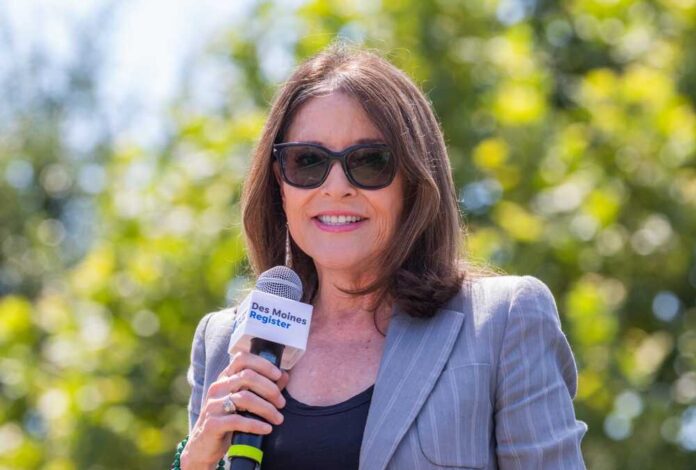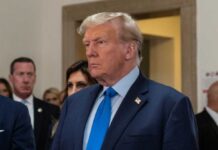It is widely anticipated that President Biden would receive a resounding victory in the 2024 Democratic presidential primary from South Carolina. With only 23 minutes remaining before the South Carolina Democratic primary ended, the Associated Press predicted that Joe Biden would emerge victorious. There was widespread expectation that Biden would easily defeat his two Democratic primary opponents, Minnesota Representative Dean Phillips and Marianne Williamson, who are running for president for the second time. For the first time, the Democratic Party’s formal presidential nomination schedule was preceded by South Carolina, a state with a disproportionate number of Black voters.
For a long time, national Democrats have said that the small, primarily white states of New Hampshire and Iowa don’t reflect the party’s overall makeup. There is much more diversity in South Carolina and Nevada, the two states that have placed third and fourth on the calendar in recent cycles, than in New Hampshire and Iowa. Because it would give minority voters more agency, the Democratic National Committee (DNC) endorsed Biden’s revised schedule, which would have propelled South Carolina to the lead.
Christine Spain, chair of the South Carolina Democratic Party, stressed the importance of being the first on the calendar. In the end, Iowa did what the DNC wanted them to do, but New Hampshire stuck to a statute that’s been around for fifty years and makes sure their presidential primary is first. Despite not campaigning in New Hampshire or even filing to have his name placed on the primary ballot, Biden managed to garner 64% of the vote in the contest, all because of a well-funded write-in campaign by prominent Democrats in the Granite State.
South Carolina ballots were still being counted, but Biden had already won 96% of the vote, giving him a massive advantage over his opponents. Predictions were that he would easily win over all 55 delegates. According to Jaime Harrison, chair of the Democratic National Committee, “campaigns have to make their own decisions.”


















